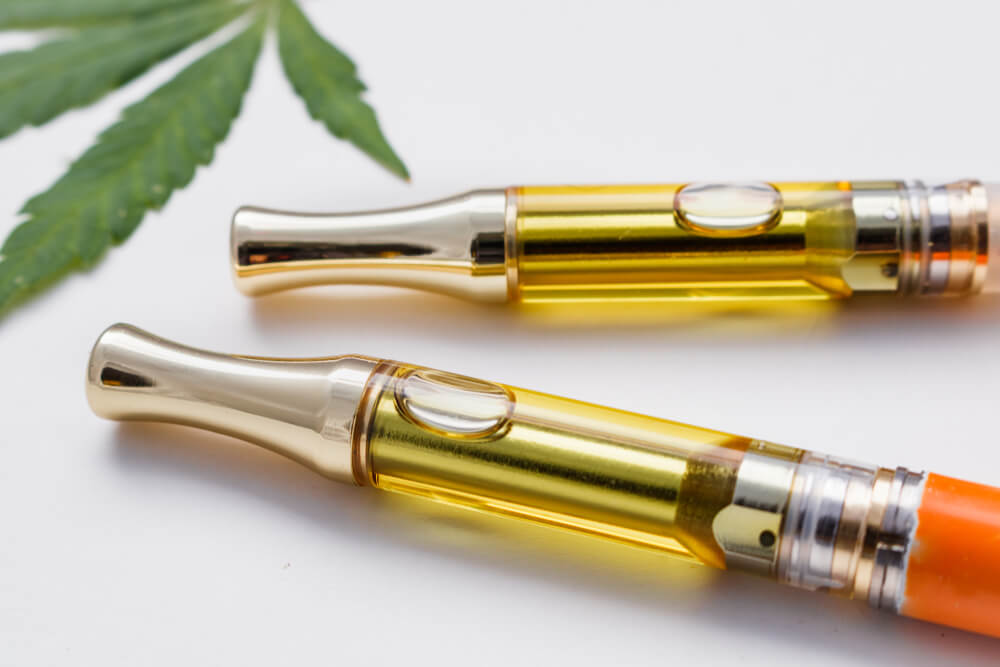by Andrew Kline, NCIA’s Director of Public Policy
In response to the vaping crisis, NCIA’s Policy Council has formed a Safe Vaping Task Force. The purpose of the task force is to unify the industry by communicating clearly in response to press reports and state/federal governmental actions, and clearly articulating the state-legal cannabis industry’s obligation to act with integrity as responsible actors. The task force will be publishing summaries of recent developments and the cannabis industry’s response, producing and publishing a white paper on safe vaping, unifying the industry’s response, and engaging federal and state/local governments as appropriate. Members of the task force include medical doctors, scientists, cannabis license holders, and relevant ancillary businesses.
Here’s the latest about safe vaping from the news this week:
- The New York Times reported on October 21, 2019 that while the government and researchers have expended significant resources into studying nicotine delivery devices, federal law has not allowed research into the health effects of cannabis because it is classified as a controlled substance with a high potential for abuse. Therefore, we don’t have much scientific knowledge about what THC vaping does to the lungs. The Times report added that even in states where cannabis is legal, counterfeit vape cartridges (vape carts) are cheaper than the regulated, licensed, tested and taxed products.
- The Boston Globe reported on October 21, 2019 that a state court judge ruled that the four month ban on nicotine vapes by Governor Charlie Baker was unconstitutional because it did not allow for input from affected businesses and the public. The Court ruled that nicotine vape sales must resume on Monday unless the Baker Administration submits the nicotine ban for consideration as a formal emergency regulation before then. The decision did not impact THC vapes.
- The Senate International Narcotics Control Caucus will convene this week Wednesday, October 23 to discuss marijuana and public health, featuring panels that include witnesses from federal agencies and academia. The Caucus is co-chaired by Senators John Cornyn (R-TX) and Dianne Feinstein (D-CA). Senator Cornyn is an outspoken opponent of cannabis legalization, stating recently that he wants to hold this hearing in advance of any vote on SAFE Banking. Surgeon General Jerome Adams, who has been an outspoken critic of marijuana reform, is scheduled to testify. Also testifying will be Nora Volkow, Director of the National Institute on Drug Abuse (NIDA). Volkow has opined that the Schedule I status of marijuana under the Controlled Substances Act is inhibiting research. This is consistent with NCIA’s position, which is that we need to de-schedule, regulate, and test.
- CDC Principal Deputy Director Anne Schuchat emphasized last week that the majority of vaping-related injuries associated with THC-containing cartridges are being traced back to the illicit market, rather than state-legal cannabis shops.
- Former Food and Drug Administration (FDA) Commissioner Scott Gottlieb said last week that cannabis should be de-scheduled and that the federal government should regulate marijuana.
- California lawmakers are considering an outright ban of all vape products, including nicotine and THC. This potential action comes on the heels of Charlie Baker, Governor of Massachusetts, banning all vaping products for four months.
- Anti-marijuana legalization group Project SAM (Smart Approaches to Marijuana) hired three new lobbyists to help fight SAFE banking and other cannabis legislation on Capitol Hill and sent a letter this week from the organization’s science advisory board to congressional leadership urging them not to support cannabis legislation.
- As of October 15, 2019, 1,479 lung injury cases associated with the use of vaping products have been reported to CDC from 49 states (all except Alaska), the District of Columbia, and 1 U.S. territory. Thirty-three deaths have been confirmed in 24 states. The CDC is updating this information every Thursday.
Download NCIA’s Policy Council report: Adapting A Regulatory Framework For The Emerging Cannabis Industry


Follow NCIA
Newsletter
Facebook
Twitter
LinkedIn
Instagram
–